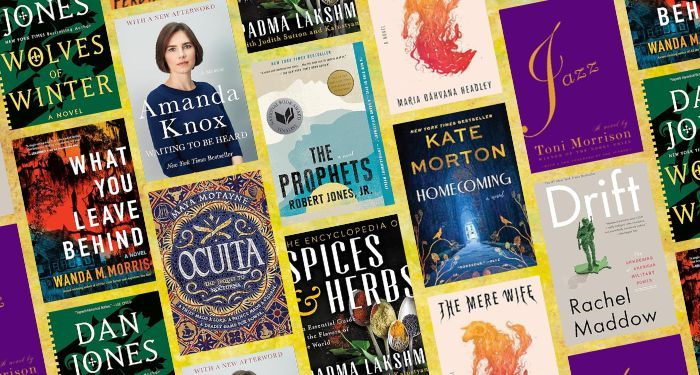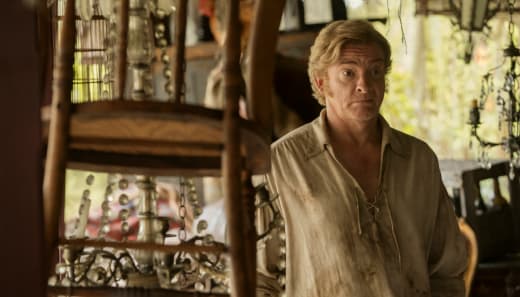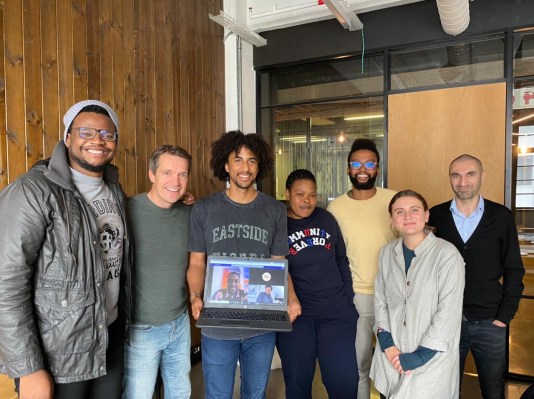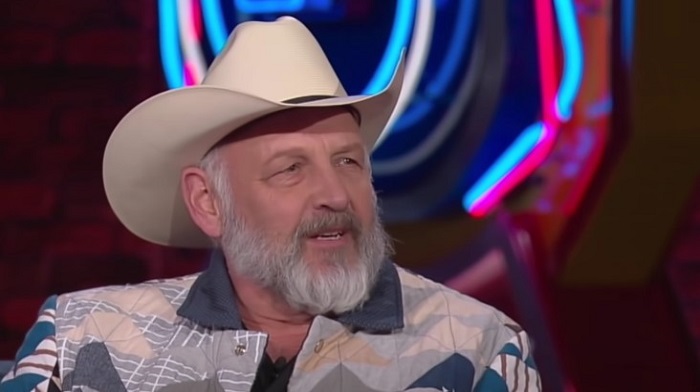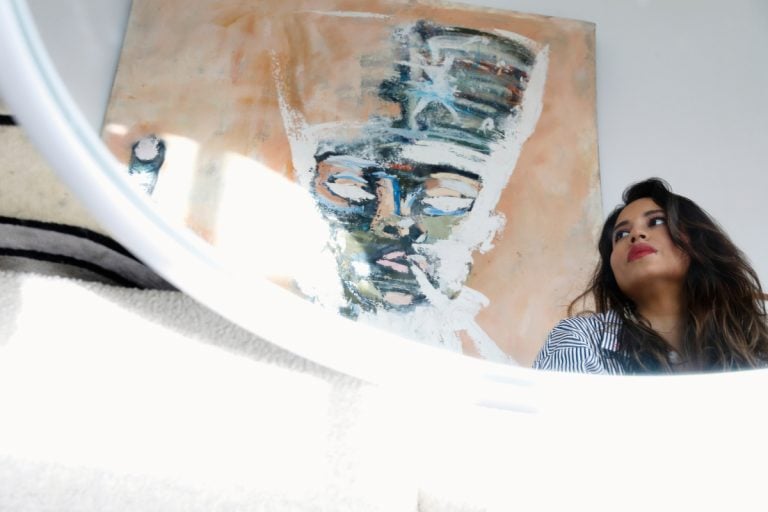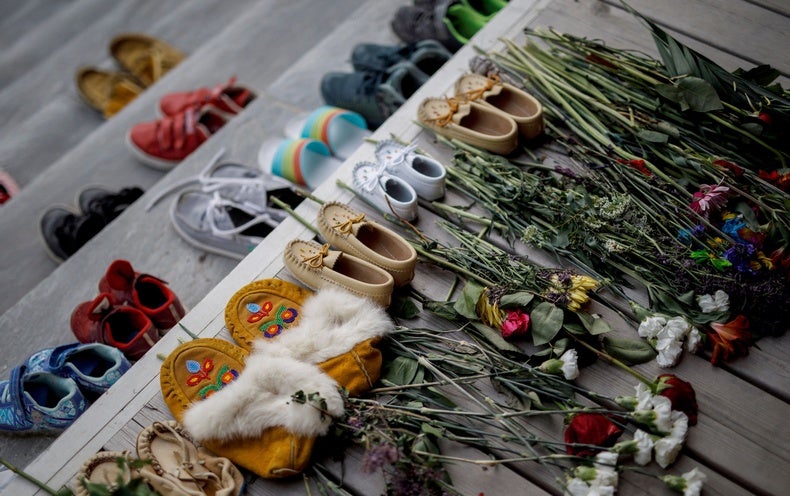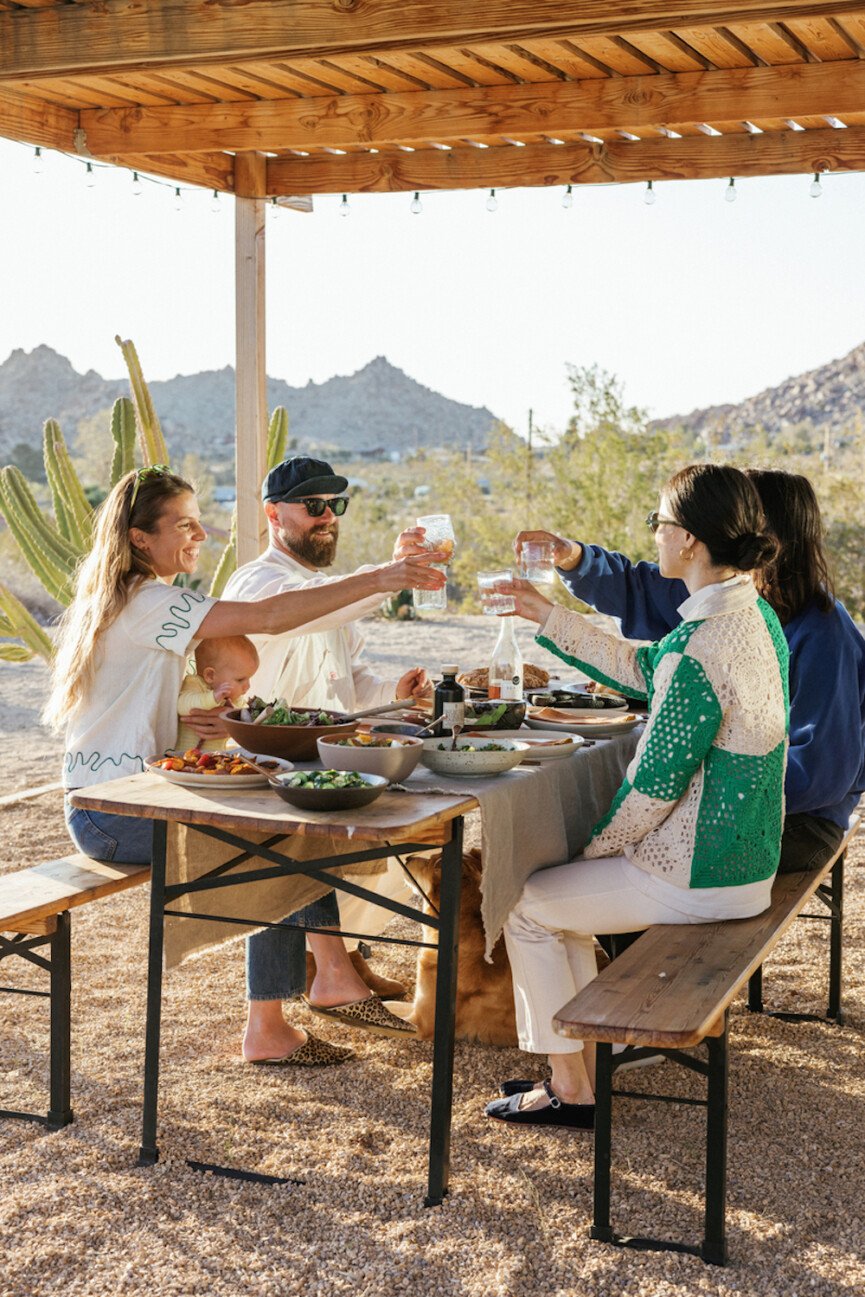I had the opportunity to interview Lauren Fishbach, U.S. Board President of the Delia Foundation, and the Co-Founder of Delila’s Learning Center. Lauren has been a volunteer and advocate for special needs children in Vaslui County, Romania, for 14+ years, initially with Global Volunteers at the Tutova Pediatric Clinic and Barlad Children’s Hospital. Lauren brings to The Delia Foundation deep experience in organizational planning, staffing, corporate marketing, and promotion. She is a Career Advisor to young adults and previously was a consultant with leading publishing and information industry companies as Senior Vice President of Bert Davis Executive Search. Earlier, Lauren was a Director of Global Marketing with McGraw-Hill/Standard & Poors. Her passion is infectious and is quite a powerhouse when leading the way in making a difference in the lives of orphaned children in foster care.
“The Delia Foundation is a U.S. non-profit organization focused on reducing educational and social inequality for children, especially orphans, with intellectual, physical, and developmental disabilities. We operate Delia’s Learning Center in rural, impoverished Vaslui County, Romania. Kids here with special needs are often denied an education due to their disabilities and the lack of resources. I am one of the co-founders of Delia’s Learning Center. Our mission is to educate and create opportunities for these children, particularly orphaned kids in foster care. We bring awareness to that fact that kids with disabilities are still being placed in institutions. It’s hard to believe but this is still happening today. Plus, without education or life skills, children are at risk of being placed in a government-run institution when they become adults. We provide kids with the tools they need to be more independent. Our Center offers early childhood intervention, educational tutoring, speech therapy, and autism intervention if needed. We have a nutrition program and serve healthy meals. Last year, we launched a teen program focused on preventing school drop-out and vocational counseling. In this area of the world, kids with special needs are often marginalized. Delia’s Learning Center is a safe haven where they can make friends and feel included. We also do work supporting a local “orphanage” for children with disabilities and provide emergency food to families.” Wow! You’re certainly doing outstanding work that started as a volunteer in Romania leading you to starting the Delia Foundation. “Thank you! I began volunteering in Romania more than 15 years ago! It was unplanned and spontaneous. My mother, who had been a teacher before having children, wanted to volunteer with babies. She chose Romania, having remembered the children who had been warehoused in orphanages years ago. Literally, less than a week before she was scheduled to depart, I made a snap decision to go with her. We volunteered at a facility for babies and toddlers with medical and developmental needs. It was a very rural area – think horses and carts; roosters crowing in the mornings. Four months later, I returned with a mission to help a specific little girl, and as they say, I never looked back. Over the next several years, I continued to volunteer with special needs kids who lived in a government run institution, like an orphanage. On one of these trips, I worked with another volunteer, Laura Larkin, and met David Conway, who had been bringing British surgeons to deliver medical care to the children. It was Laura who spoke the words we were all thinking and that changed the trajectory of our lives and that of the children we now serve. She simply said, “These kids we work with are getting older, they don’t go to school, they are going to spend their lives in an institution. What are we going to do about it?” And that’s how The Delia Foundation was formed. A 501(c)(3) non-profit was established in the U.S. and one year later we opened the doors to Delia’s Learning Center. We are also an NGO – a non-governmental organization in Romania and have a sister charity in the UK.
Our inspiration is a little girl named Delia who was born without properly formed limbs. Delia was given up at birth and has spent her life in an institution. We are always in awe of her determination. The phrase, “I can’t” is not in her vocabulary!”
We know that there are challenges or issues the organization aim to address in its work.
“The overarching challenge that we seek to address is that society in Romania in general, particularly in the rural areas, doesn’t believe that children or people with disabilities can learn or contribute to the community. Attitudes have been slowly changing and this advocacy is part of our work. The rate of child abandonment and neglect is high, especially for children with special needs. While most of our kids at Delia’s Learning Center are in foster care, we do accept at-risk children from families who are in crisis. Our team includes a psychologist and social worker who work hard to keep families together and to prevent children in foster care from being “returned” to an institutional setting. We are located in the poorest county of Romania and one of the most impoverished in the E.U. In the country overall, close to 50 percent of all kids do not have basic literacy by age 15. This figure is lower for kids with disabilities. One of the biggest challenges for children with disabilities is that there are no special education teachers here. We have 15-year-old girl who is autistic, nonverbal. She loves to go to school but she can only go if a family member sits with her at her desk! A child with learning disabilities is often labeled “lazy” and just cast aside educationally. This is all very difficult because there isn’t a teacher who even knows how to educate or communicate with many of the children. It’s also a reason why those of our kids who are in school need to receive our services in order to remain there. All these issues are why we address education and inclusion in our work.”
Are there any valuable lessons you have learned from your past experiences that have shaped your approach to running the foundation?
“Earlier in my career, I was a Director of Global Marketing with McGraw-Hill/Standard & Poor’s. That experience taught me the importance of being in tune to cultural differences. Learning to sometimes follow the adage of “when in Rome,” has formed the basis of my approach. We work in a country where the cultural norms and expectations are often still shaped by the experiences of communism – which was overturned not long ago – in 1989.”
I’m sure with all the work that you do, there must be a specific project that you are particularly proud of.
“I am especially proud of our project to provide the children at the “orphanage” with a year-round in-door/outdoor play space. These kids had no place to do any activities – art, music, games, or to gather as a community. We fundraised to enclose and furnish an existing outdoor pavilion turning it a play space they never had before. Keeping families together and preventing child abandonment is an ongoing initiative. As an example – one situation where our team truly changed children’s’ lives come to mind. The mayor of a nearby rural, village came to us for help because toddler twins who were autistic and non-verbal were about to be given up by their parents because they didn’t know what to do with the kids. Fast forward three years, the family is together, and we are working on getting one of the kids into school. We are also especially proud of the teen program we launched last year. We have the only program in the area for teenagers with a variety of special needs.
We are enmeshed in the community at various levels, especially since our learning center runs 5 days a week. As an NGO, we build relationships and seek opportunities for joint projects with schools and other institutions, other NGOs, and government. Every day we see the impact of our initiatives. When we opened our doors, none of the kids went to school. Today, 75% of our school age kids are in school. Little miracles and big ones like this do happen each day. It’s no easy feat for our Director to persuade a foster parent not to “return” an autistic teenager with Turner Syndrome to an institution when that child suddenly acts like a typical rebellious teen.
The impact of her work on that child’s life is immeasurable. Of course, we can measure impact by the number of children and families served and those who have “graduated” from our programs. BUT the real impact is the foundation we are laying for the future of our special kids. Giving them education and life skills for a more positive outcome.”
I know collaborations with other organizations are important to further the mission.
“It most certainly is! We collaborate with other organizations on specific initiatives such as delivering emergency food or supporting their work in assisting young adults with disabilities. We partner with the administration of local middle and high schools to involve their students in activities with special needs kids and to promote awareness. We’ve had high school students volunteer with us during the summer which was an amazing way for them to learn about kids who are different but not so different from them. Our organization is now well-known in the community, and we are a go-to when assistance is needed for kids. There are many Ukrainian moms and kids in town, and we joined forces with students and school leadership to provide aid at a Romanian refugee camp and directly to families now living here.
It’s terrific that our school partners now come to us to assist them in making in-roads on the path to change. I am often invited to speak to educators and heads of education departments regarding the inclusion children with disabilities in social, sports, and cultural activities. This is a foreign concept, and we are hoping to have our first weekend sports program this fall with a mix of kids without disabilities “buddied” with those who have special needs.”
I bet you’re so proud to see how the organization has involved since the inception.
“Oh my gosh – we truly epitomized “if you build it, they will come.” We opened our doors in early 2018. We had free space with two small rooms and a tiny kitchen in a sketchy neighborhood. We fundraised with former volunteers, friends, and family to hire a Director who is a psychologist and a child aide. No one spoke English and we didn’t speak Romanian. Within days, local doctors and social workers had us flooded with children who had nowhere else to turn. We quickly outgrew our space and a year later, we were able to rent a larger, more functionable location. Today, we employ a team of five including our director/psychologist, a social worker, the town’s most experienced child speech therapist, an educator who we trained in autism ABA therapy, and a wellness director. We run two sessions a day with a very low child to specialist ratio. We’ve had a holistic approach since day 1 and now focus on five of the UN sustainable development goals: Quality Education, Good Health, Reduced Inequalities, No Poverty, and Zero Hunger. At the end of 2020, we were so proud to have The Delia Foundation receive a U.S. Congressional Medal of Recognition for our work.
I’m sure we will continue to see great progress with the growth of the Delia Foundation.
“Yes, of course! One of our largest organizational goals is to either expand, upgrade, or relocate our space so that it better fits the needs of the kids, especially those with physical disabilities. The town doesn’t have accommodations. The streets do not have any cut outs on the curbs, if there are wheelchair ramps, they are so steep as to be dangerous. There are no wheelchair accessible bathrooms, etc. Our building has a ramp but anyone in a wheelchair needs to be carried up the steps. Achieving this goal has a financial hurdle and we are seeking grants within the EU.
A truly important goal that is part of our overarching mission is the inclusion of children in school. By law, these kids are supposed to be in school. Yet we have kids who are rejected and denied an education. So how do we help the community desire and achieve this goal? We feel the answer lies in collaborating and partnering with others who have experience in child protection systems. Right now, we are seeking to build relationships with Romanian disability advocates who conduct research through universities and who have been vocal on the subject.”
We would love to get our readers involved and stay informed with the work of the organization?
“We appreciate that people want to get involved in different ways and that can be here in the U.S. or even if one of your readers wanted to be a part of our first upcoming volunteer program. We’ve had supporters who have held fundraising activities for the children or promoted our initiatives, we’ve had Zoom meetings where people offer their expertise to our team who are always eager to learn, and we’ve had other people with expertise in areas we don’t such as grant writing who have helped. Right now, we have a young man who is planning a 40-day run in September to bring awareness.
We are project oriented and continually post new projects where people can provide support to our specific activities or programs such as our autism or nutrition program. We post these on the DonorSee non-profit gift-giving platform. (Donorsee.com/thedeliafoundation) Our organization website also has a wealth of information, and we have an active Instagram and Facebook page where we post a ton of photos and readers can get an inside peek into our daily activities. Our instagram is @the_delia_foundation and FB is listed under: Delia Foundation.”












































